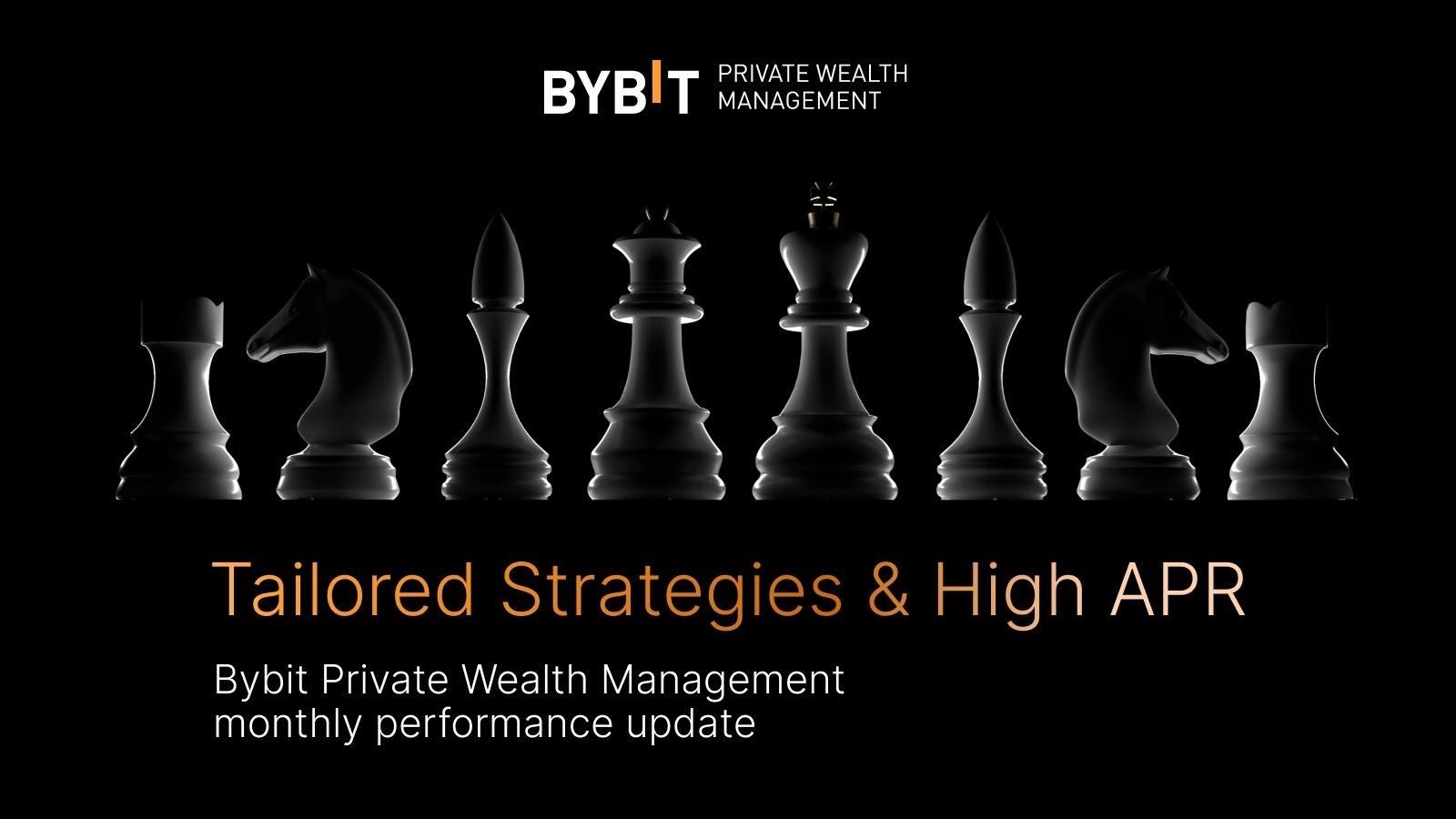In the world of finance and trading, a signal plays a crucial role in making informed decisions about buying, selling, or avoiding certain assets. It serves as a suggestion or call to action, guiding investors and traders in their decision-making process. Signals are generated through analyzing historical data, trading patterns, technical indicators, fundamental analysis, and sentiment analysis.
Signals can come from various sources, including individual investors/traders, research groups, and investment/trading funds. These sources use their expertise and analysis techniques to provide signals that can assist others in their trading strategies.
The complexity of signals can vary, but they are typically presented in a simple format, often referred to as a to-do list. This format makes it easier for users to understand and execute the suggested actions. It is important to note that most signals are time-sensitive and based on low-time preference, meaning they require quick dissemination and execution to achieve effective results.
While many signals are available for free, some experienced investors/traders offer paid signal services. These individuals have a proven track record in the market and provide valuable insights to their subscribers. Over the years, various communication platforms, such as Telegram groups, have emerged as popular channels for sharing crypto signals.
Within these Telegram groups, you can find both free and paid signal services. Free signal groups often allow members to join without any specific requirements. On the other hand, some signal groups require users to complete simple tasks, such as inviting a certain number of other users, to gain access to the group. Additionally, there are signal groups that require payment, either as a one-time fee or on a subscription basis, to receive their signals.
It is important to exercise caution when relying on signals for trading decisions. The dynamic and unpredictable nature of the market means that past performance does not guarantee future results. Signals should be viewed as interpretive guidelines rather than factual information. While they can provide valuable insights, it is essential to conduct your own research and analysis before making any investment decisions.
Unfortunately, not all signal groups operate with good intentions. There are certain notorious pump-and-dump (P&D) groups that masquerade as legitimate signal groups. These groups can have tens of thousands of members and engage in coordinated trading to manipulate prices. Their collective influence can cause prices to artificially rise, creating a false impression of market demand. However, by the time group members receive the buy signal, the asset has already been “pre-pumped” by insiders, leading to inflated prices that are vulnerable to rapid and significant corrections.
Therefore, it is important to exercise caution when joining signal groups and avoid falling prey to scams or manipulative tactics. Conduct thorough research on the signal provider’s reputation, track record, and credibility before relying on their signals for trading decisions.
Overall, signals play a significant role in the world of trading and investment. They provide valuable insights and suggestions to help traders navigate the complexities of the market. However, it is crucial to remember that they are not infallible and should be used as part of a broader strategy that includes personal research, analysis, and risk management.
By incorporating signals into your trading approach while also considering your own research, you can potentially enhance your decision-making process and increase your chances of making successful trades in the ever-changing landscape of the financial markets.














